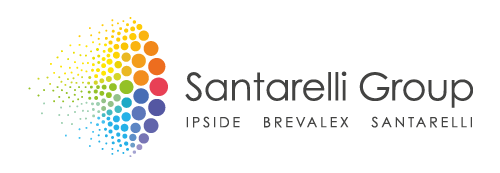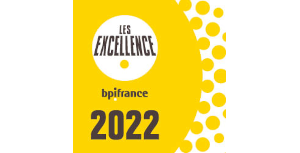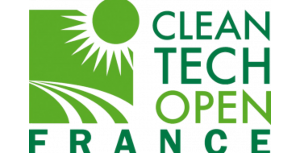Innovation lies at the heart of Europe's ambitions to tackle today’s major challenges—whether the green transition, technological sovereignty, industrial reshoring, or public health. In this context, start-ups, particularly those in technology and DeepTech sectors, are expected to act as catalysts. However, to realise their disruptive potential, these young companies must overcome two key hurdles: securing financing and navigating a highly competitive market.
A joint study by the European Patent Office (EPO) and the EUIPO, published in October 2023, sheds new light on a growth driver that remains underutilised by many start-ups: intellectual property (IP)—particularly patents and trademarks.
Intellectual Property: A Catalyst for Access to Funding
The study's main takeaway is clear: start-ups that file for patents or trademarks significantly increase their chances of securing venture capital. Specifically, the econometric analysis of nearly 300,000 European start-ups shows that, at the seed stage, a company with a patent application is 2.9 times more likely to obtain funding; this figure rises to 6.4 times at the early growth stage.
The impact is even more pronounced when patents and trademarks are combined: the likelihood of raising funds at an early stage is multiplied by ten.
These figures indicate more than just a correlation—they reveal a powerful signalling effect. For investors, an IP title is a tangible marker of a company’s innovation capacity, the credibility of its technological project, and the founders’ intent to scale in a structured, strategic way. It reduces information asymmetry, which often presents a major barrier in the early life of a start-up.
European Patents and EU Trademarks: Strength in Continental Reach
The study also shows that the scope of protection chosen plays a role in investor perception. Start-ups filing for European-level rights (as opposed to national ones) see an even greater funding advantage. At the early-stage level, for example, a company that files a European Union Trademark (EUTM) is 6.1 times more likely to raise capital, compared to 2.8 times for a national trademark. The figures are similar for patents: 5.3 times versus 3.8 times.
This investor preference for European rights can be explained by two key factors: the start-up’s intention to scale internationally, and the perceived quality of the brand or technology. Filing for protection at the European level reflects a growth ambition that aligns with venture capitalists’ expectations for scalability.
A Long-Term Asset: From Funding to Exit
IP’s value extends beyond early funding rounds. It also plays a decisive role at the exit stage—whether through acquisition or initial public offering (IPO). The study shows that start-ups with patents and/or trademarks are more than twice as likely to reach a successful exit. Those with both patents and trademarks triple their chances of a positive outcome.
IP rights are transferable assets that retain value even in the event of business failure. They can be sold, used as loan collateral, or leveraged to support industrial partnerships. They are a key component of company valuation, extending far beyond revenue or market share.
Building an IP Strategy from Day One
This dynamic had already been highlighted in a 2017 study by École des Mines de Paris for France Brevets. It found that start-ups supported by an IP strategy from inception achieved stronger economic performance and greater investor appeal. A patent provides a structural framework for the business model—it formalises innovation, reassures stakeholders, and safeguards future investments.
This structuring role is even more critical in DeepTech sectors, where R&D cycles are long, technological risk is high, and market dynamics are complex. A proactive IP approach helps secure research outcomes, enables industrial collaboration, and lays the groundwork for licensing, partnerships, or technology spin-offs.
Toward More Accessible IP for Start-ups
In response to these findings, the EPO study advocates for greater access to IP tools for start-ups. The introduction of the Unitary Patent in 2023, the European Commission’s IP Action Plan, and various national or regional support programmes are all steps in that direction.
Conclusion
More than just a legal tool, the patent has become a strategic asset central to the development of innovative start-ups. It eases access to capital, supports business structuring, enhances company value, and provides strong leverage for international growth. In an era where Europe is striving to assert technological and economic sovereignty, mastering IP must become a core competence for any ambitious new venture.
By Samuel Deschamps
May 2025













